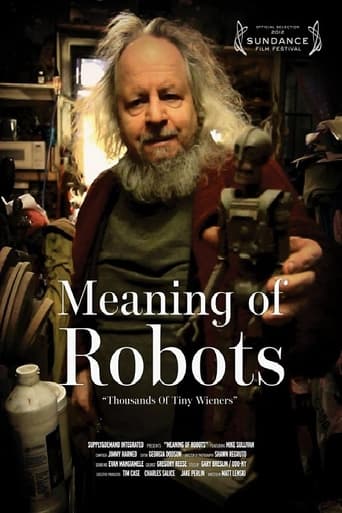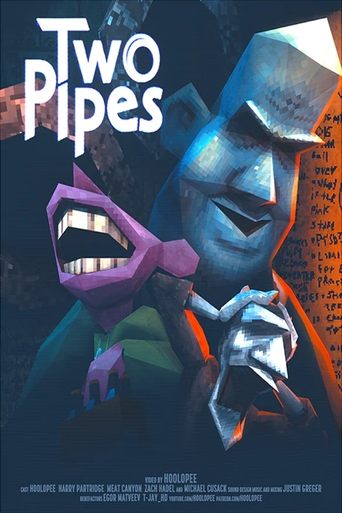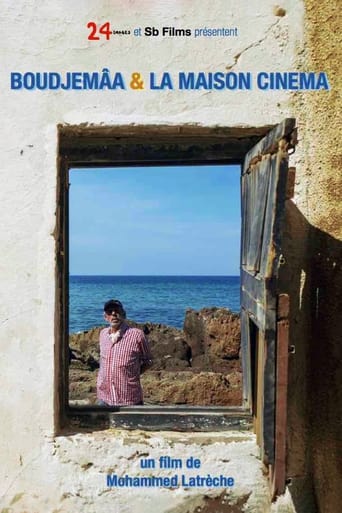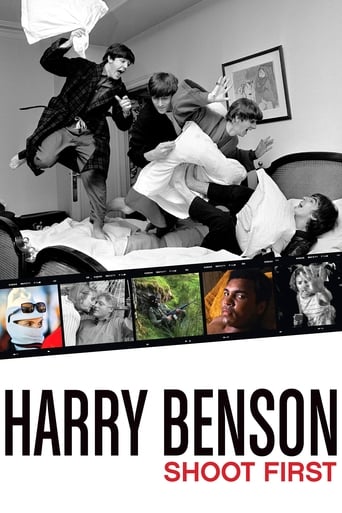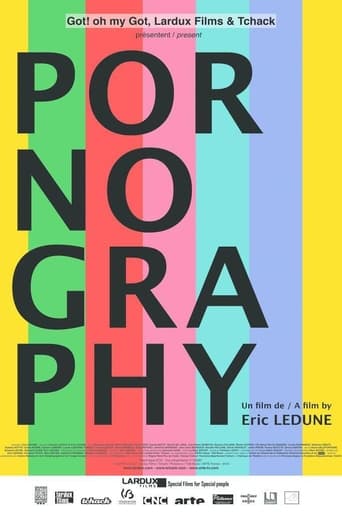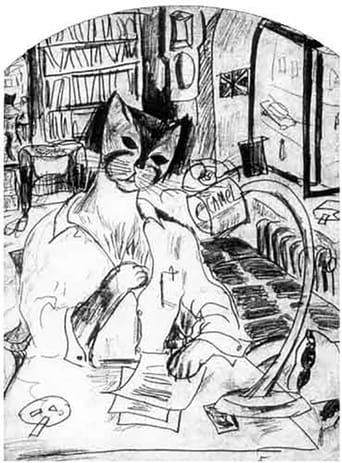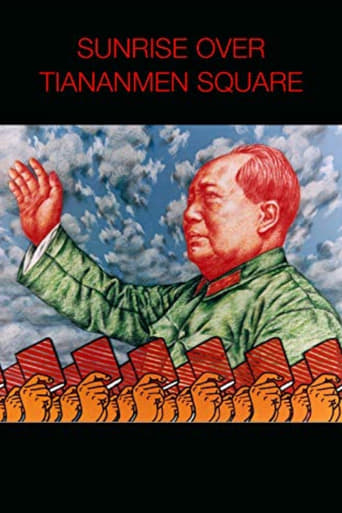
Sunrise Over Tiananmen Square (1998)
This film illustrates the life of the film director, Shui-Bo Wang in The People's Republic of China. We learn of the life of the director in his own words and images from a child steeped in the values of Chinese communism exemplified by Chairman Mao, to a young man striving to live up to those ideals both as an artist and a soldier.
Rating: 6.5/10 by 6 users
Alternative Title:
Le jour se lève sur la place Tienanmen - CA
Country:
Canada
Language:
English
Runtime: 00 hour 29 minutes
Budget: $0
Revenue: $0
Plot Keyword: biography, short film
Artist Shui-Bo Wang narrates this story of his family's life in China during the rise of the Maoist Communist regime and provides us with some stunningly detailed illustrations to accompany his history. Essentially this is a one-man documentary that highlights just how willingly the largely rural and illiterate population engaged in the ideas of freedom and wealth redistribution. Of their belief that Mao's defeat of the post-Imperial Nationalist government would shine a new light for all the people, offering hope, equality, housing, food and jobs for all. He, himself, even ended up working for the military propaganda machine extolling just how superior their life was to the decadent West where children died, frozen, on the streets. In times when technology was very limited and freedom of expression ever more so, the power of his imagery cannot be understated. This was the true message because it was the only message, and few people knew what was actually going on anywhere else. When Mao dies and Deng Xaioping takes over, the state begins to relax it's authoritarian stance on many things, not least with it's relationships with other cultures. The influences of Michelangelo and Da Vinci begin to supplant the more traditional ones. It's this deregulation, though, that sees him sent to an agrarian community to teach, and where he discovers that after thirty-odd years of socialism, things have changed little. Poverty is an every day feature of life and this causes him to question his dogma. Not just him, but many more of his comrades who proceed to gather on Tiananmen Square in 1989 to protest for the freedoms they always thought they had, but now realise they didn't. He and his wife moved to North America after witnessing what he thought were impossible sights on the square and found a degree of success in the place he had always been taught to vilify. His delivery is a little dry and chronological here. There's not a great deal of passion heard, but the clever interweaving of artwork and photography provides us with a "Wild Swans" style of approach to a very personal history of a man, his family, his beliefs and is engaging to observe.



